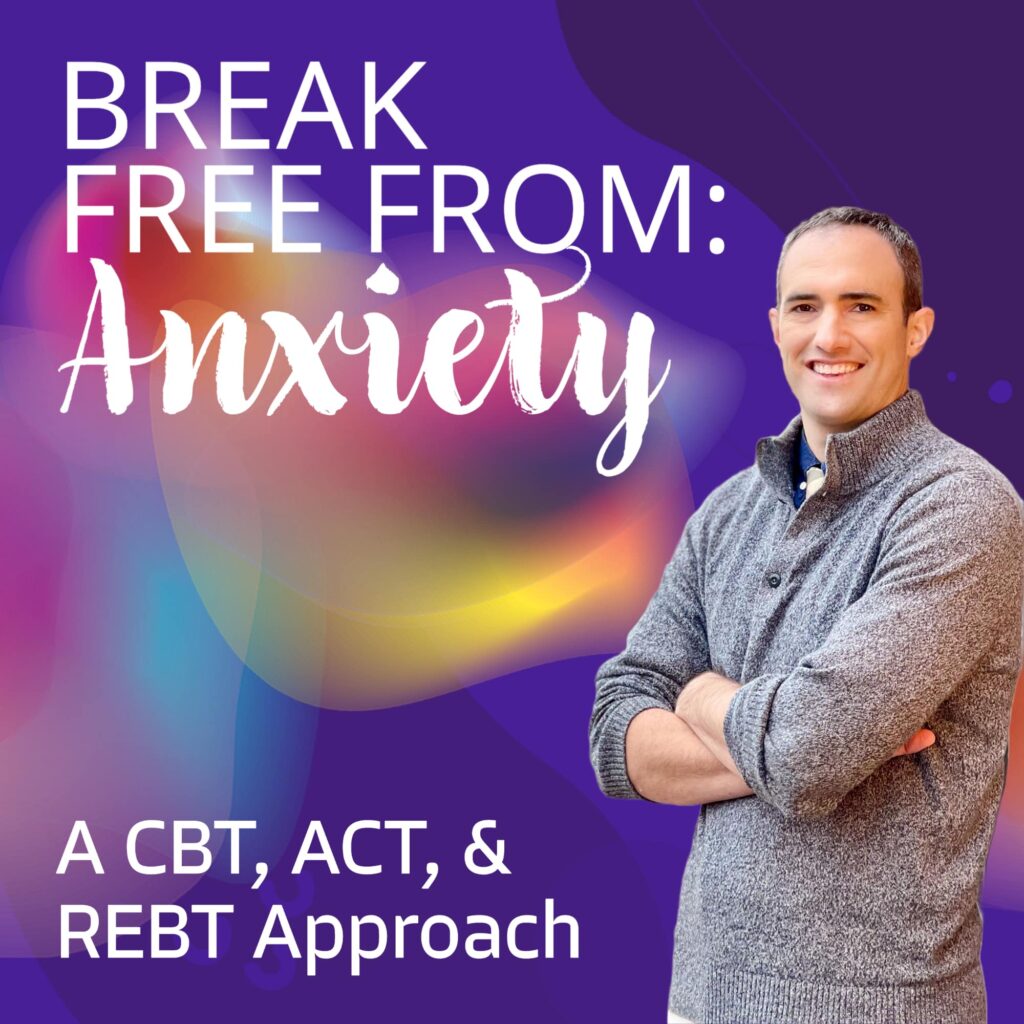“The market would completely suck me in, I was checking it all day and night. It simply gambling.”
— Cryptocurrency Trader
The Dangers of Cryptocurrency
Cryptocurrency has become increasingly popular with the rise of Bitcoin and other online potentials for profit. Every four years, since the conception of Bitcoin, there is a “blow-off top” that occurs as a result of the end of market cycles. This “blow-off top” consists of high price peaks then extreme depreciation of up to 85% or more. The issue surrounding this phenomenon is that people become addicted to cryptocurrency and its potential for massive profits. While some may win big, most people suffer crippling losses and lose money on their investments. Surrounding these highs and lows are a steady stream of mental health challenges such as depression, anxiety, and stress. Untreated mental health conditions can snowball into other unwanted effects such as insomnia, loss of relationships, career issues, and an overall deterioration of health.
Is Cryptocurrency Addictive?
We had previously posted on general warning signs of an addiction: compulsive engagement with ensuant negative consequences. Cryptocurrency trading can be extremely addictive because making a profit rewards the part of the brain that releases dopamine, or the “feel-good” neurotransmitters. The brain begins to associate cryptocurrency trading with pleasure, which can lead to an addiction. There are several other factors that also contribute to cryptocurrency’s addictive properties, such as the following:
• Market trading is open 24/7
• Researching cryptocurrency can convince people that they have an unrealistic “edge” when trading
• It has become mainstream and common
• Trades often provide “partial reinforcement,” or, some losses but also some profits
• Traders are usually much more emotional about a loss than a gain
• Past successes can cause overconfidence and a potential for greater loss
What Are the Dangers of Cryptocurrency Addiction?
Cryptocurrency addiction can result in many mental health issues or conditions that require treatment along with other negative social and physical aspects. Some results of addiction can include the following:
• Financial problems such as debt, exponential borrowing, stealing, or bankruptcy
• Mental health problems including depression, anxiety, stress, and possible suicidal thoughts
• Feelings of shame or hopelessness
• Neglect of work and school
• Negatively impacted relationships
• Increased potential for substance abuse
What Are the Symptoms of Cryptocurrency Addiction?
Cryptocurrency addiction can result in many unwanted symptoms such as the following:
• Failure to stop trading
• Obsessing over cryptocurrency during daily activities
• Hiding monetary losses from family members
• Lying
• Stealing or borrowing money
• Loss of interest in activities that do not involve cryptocurrency
• Lack of sleep
• Spending money meant for bills on trading
• Spending large amounts of time on trading
Getting Help for Cryptocurrency Addiction
Cryptocurrency addiction can be treated with the right help. Seeking help from a medical professional is the first step in getting help for addiction. In addition, the following changes can be made to overcome cryptocurrency addiction:
• Joining a gamblers anonymous group and “come clean” to the group and sponsor
• Deleting all cryptocurrency related apps and information on websites and social media
• Giving up control of your finances to someone you trust
• Avoiding cryptocurrency-related news
• Setting specific days and times or amounts to trade and not going outside of that schedule
• Leaning on coping skills such as meditation, healthy eating, and exercise
• Focusing on heathy hobbies and other activities that provide a “slow drip” of dopamine
Help for addiction is possible. Visit Request Appointment to get started on your journey to getting help today









